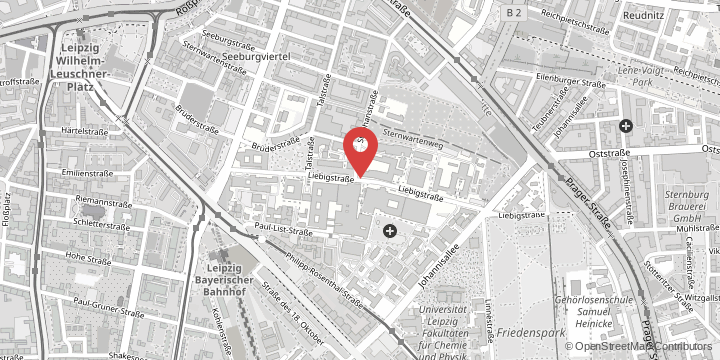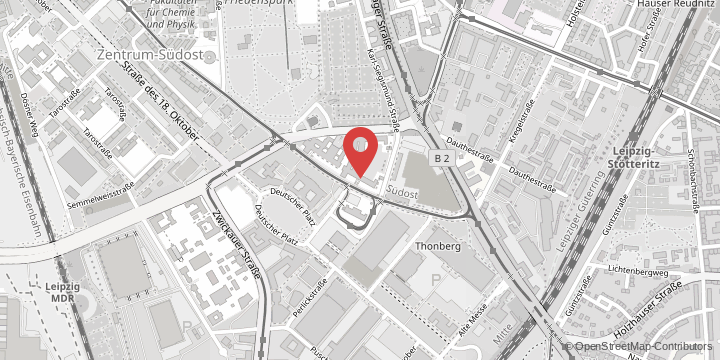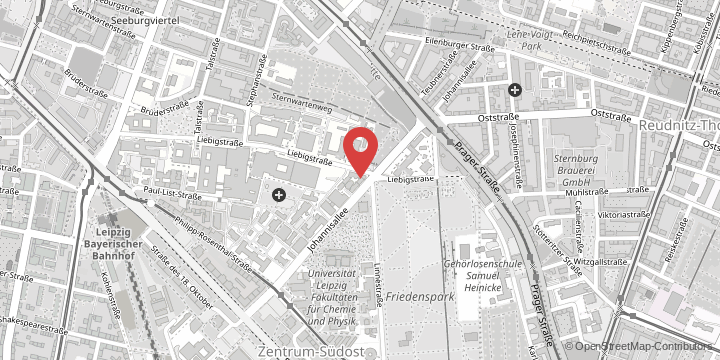In addition to their core subject and key qualifications, students enrolled on bachelor’s programmes in the humanities and social sciences (BA) as well as the BSc in Digital Humanities are required to choose an elective area. Depending on the degree programme, this usually accounts for 30 or 60 of the 180 credits to be earned in total.
Freely Configurable Elective Area
If your degree programme provides for the elective area in the humanities and social sciences, you will automatically be registered for the freely configurable elective area. That way, at the beginning of each semester you are free to choose modules from a range of around 40 subject areas. Organising your elective credits in this way means that you do not commit to a specific elective subject from the outset, but can instead concentrate on different subjects as you progress through your studies. Details of elective area courses are published each semester in the course catalogue.
With some subjects, it is possible to study additional modules from your own core subject as part of the freely configurable elective area and have these credited in the elective area. This is a way of broadening and enhancing the core subject.
Modules studied abroad can be credited in the elective area. This also applies to students transferring to Leipzig from another German university. It may also be possible to have modules offered by the Language Center count towards your elective area.
The following table lists the subject areas that can be taken in the freely configurable elective area.
African Studies
| Indology, Tibetology and Mongolian Studies | Political Science |
Egyptology | Computer Sciences, Digital Humanities | Religious Studies |
Ancient Middle Eastern Studies | Japanology* | Romance Studies, French Studies |
American Studies | Communication and Media Studies | Romance Studies, Spanish Studies |
British Studies | Cultural Studies | Romance Studies, Italian Studies |
Arabic Studies | Art History | Romance Studies, Portuguese Studies |
Archaeology of the Ancient World | Linguistics | Chinese Studies |
German as a Foreign Language | Minority Languages | Sorbian Studies |
Anthropology | Musicology | Sociology |
German Language & Literature | Modern Greek Studies | South Slavonic Studies |
History | Onomastics | Theatre Studies |
History and Theology of Christianity | East Slavonic Studies | Translation |
Ancient Greek Philology/Byzantine Studies | Philosophy | West Slavonic Studies |
* In the case of Japanology, only one module worth 10 credits is available. | ||
Elective Subject
The second option for organising the elective area is suitable for those students who know from the outset that they want all of their elective modules to focus exclusively on a specific subject area. In this case, you can register for an elective subject.
If you successfully register for an elective subject, you will be guaranteed places in the modules belonging to that elective subject each semester. This usually corresponds to one module per semester. A separate schedule containing details of recommended modules exists for each of the elective subjects. Places are limited in elective subjects. Please also note that admission to some elective subjects is subject to language requirements.
Some elective subjects are offered with a total of 30 credit points, making it possible to combine two elective subjects or one elective subject with modules from the freely configurable elective area. Registration for a fixed elective subject usually takes place at the start of your studies.
Picking an Elective Subject
You are free to combine any of the elective subjects offered with your own degree subject – with the exception of elective subjects that overlap with what you are already studying. For example, you cannot combine the elective subject British Studies with a bachelor’s degree in British Studies.
Besides elective subjects worth 60 credits, Leipzig University also offers elective subjects worth 30 credits. These are particularly suitable for students whose degree programme only requires them to earn 30 credits in the elective area. However, if your degree programme includes 60 credits in the elective area, you can also combine two elective subjects worth 30 credits each, or one elective subject worth 30 credits and modules worth 30 credits from the freely configurable elective area.
Please note: You do not have to submit proof of the language skills required for an elective subject until you start studying that elective subject.
| Elective subject (60 credits) | Eligibility requirements | Further information |
|---|---|---|
| Egyptology | None | Schedule |
| Ancient Middle Eastern Studies | English (B1) and another modern foreign language (B1) | Schedule |
| American Studies | English (B2) | Schedule |
| British Studies | English (B2) and another foreign language (A2) | Schedule |
| Arabic Studies | English (B2) | Schedule |
| Non-European Languages and Cultures | English (B2) | Schedule |
| Bohemian Studies (Czech) | None | Schedule |
| Contemporary Celtic Languages | English (B2) | Schedule |
| German as a Foreign Language | German (C1) and English (B2) | Schedule |
| French Studies | None | Schedule |
| Greek Studies, specialisation in Ancient Greek Philology | None | Schedule |
| Greek Studies, specialisation in Byzantine Studies and Modern Greek Studies | None | Schedule |
| Spanish Studies | None | Schedule |
| Auxiliary Sciences of History | Latinum, or alternatively concurrent Latin studies at Leipzig University’s Language Center starting in the second semester at the latest and worth at least 20 credits | Schedule |
| Indology, Tibetology and Mongolian Studies (currently suspended) | English (B2) | Schedule |
| Italian Studies | None | Schedule |
| Cultural Studies | None | Schedule |
| Portuguese Studies | None | Schedule |
| Musicology | None | Schedule Schedule |
| Eastern and South Eastern European History | Two modern foreign languages, including one modern foreign language at B2 level and one Eastern European foreign language at B1 level, which can also be acquired while studying | Schedule |
| Philosophy | None | Schedule |
| Political Science (currently suspended) | None | Schedule |
| Polish Studies | None | Schedule |
| Religious Studies | None | Schedule |
| Russian Studies | Russian (A2) or acquisition of Russian knowledge during the first semester | Schedule |
| Ukrainian Studies | None | Schedule |
| Elective subject (30 credits) | Eligibility requirements | Further information |
|---|---|---|
| Egypt and the Ancient Near East | Cannot be combined with the elective subject Museum Work in Theory and Practice | Schedule |
| Non-European Cultures | English (B2) | Schedule |
| Basque | None | Schedule |
| Educational Sciences: Working in Schools | None | Schedule |
| Book Studies | None | Schedule |
| Crossmedia Journalism | Proof of work experience in journalism (4 weeks min.) | Schedule |
| Ethics | Cannot be combined with the elective subject Philosophy | Schedule |
| Galician | None | Schedule |
| German Literary Studies | Native German speakers: knowledge of two foreign languages (B2 and A2) Non-native German speakers: German (C1) and knowledge of another foreign language (B2) | Schedule |
| German Linguistics | Native German speakers: knowledge of two foreign languages (B2 and A2) Non-native German speakers: German (C1) and knowledge of another foreign language B2) | Schedule |
| Society and History in Africa | English (B2) | Schedule |
| Auxiliary Sciences of History | Knowledge of Latin (Latinum) desirable | Schedule |
| Radio (discontinued after summer semester 2018) | Proof of work experience in journalism (4 weeks min.) | Schedule |
| Catalan | None | Schedule |
| Communication and Media Studies | None | Schedule |
| Musicology | None | Schedule Schedule |
| Eastern and Southeastern European History | two modern foreign languages, including one modern foreign language at level B2 and one Eastern European foreign language at level B1, can also be acquired during the course of the degree programme | Schedule |
| Philosophy | Cannot be combined with the elective subject Ethics | Schedule |
| Religious Studies | None | Schedule |
| Russian Literary Studies and Cultural History (expiring) | None | Schedule For admission to the elective subject before winter semester 2024/25 |
| Russian Linguistics (expiring) | None, previous knowledge of Russian at level A2 (CEFR) recommended | Schedule For admission to the elective subject before winter semester 2024/25 |
| Sociology | None | Schedule |
| Museum Work in Theory and Practice | Cannot be combined with the elective subject Egypt and the Ancient Near East | Schedule |
| Yoga und Meditation | None | Schedule |
If, during your studies, you change your mind and decide that you would like to focus on a different elective area, you can switch to the freely configurable elective area and apply to have any elective modules already completed recognised.
































































